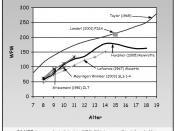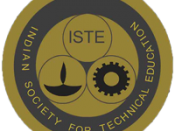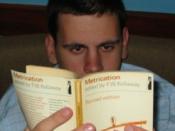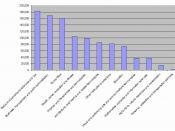In Society, due to lack of high level education in the general population, those with increased education are able to control and maintain power. The pervasiveness of unintelligibility in the majority of the population can be considered a blessing to some since it is necessary for the elites to dominate the society. If the entire population was composed of intellectuals, major problems would arise for those who hold power and economic control. They would face challenges on an ongoing basis in the sense that the power they hold would always be in a volatile position, repeatedly changing hands over time. Thus a partially undereducated society, along with an uneven distribution in wealth, is necessary in a society in which the affluent and intelligible control the rest.
The undereducated may often show a lack of literary interest and skill. The low level of education comes from primarily lack of interest, and secondly lack of time.
It is safe to make the assumption that most people prefer watching television - a time consuming activity - over reading a book. According to Statistics Canada, an average person in 1998 spent 2.2 hours per day on watching television, while only 0.4 hours on books, newspapers, and magazines combined. By the same source, an average teenager in 2004 aged 12 to 17 watched 13 hours of Television per week, while the time could have been much more beneficially spent on reading books to improve literary skill. The few people who do spend more time on literature often prosper beyond their peers.
When these selected few succeed, they become the society's elites - politicians, influential doctors, business managers, etc. Once they attain a position of power or a higher status in society, they stick to it at all costs including networking among the circle of elites which includes their families. People who reach a position of power generally receive an increased income, thus allowing them to provide their family - specifically children - with the material sources for a proper education, including money for tutors, food, shelter, transportation, and tuition. In addition to these benefits, the children also receive the elite knowledge and experience from their parent(s). It is important to note that the wealthiest 50% of the Canadian population own 94.4% of the wealth, while the poorest 50% own the minute remains, according to Statistic Canada. The figures have not notably changed in decades; therefore it is odd for a rich person to become poor or vice-versa. The only hope for a poor person to break the circle of poverty is through a higher level of education.
A key point is that without the underprivileged, there would be no privileged; poverty and wealth are two sides to the same coin. A slight deficiency in education among the working class is necessary for the modern industrial societies. If all teens read 13 hours a week instead of watching ludicrous television programs, there would be a crisis in television industry on the one hand and a blow to the power structure on the other. Thus in a society based on political and economic domination of a few, low level of education would be optimal for the masses.





